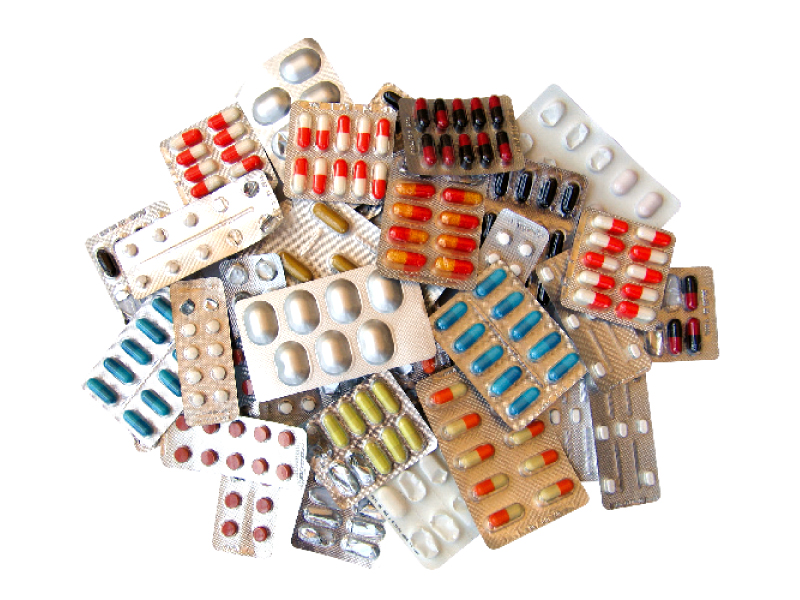
In early 2012, more than 120 people succumbed to contaminated medicines in a single incident – commonly known as the Punjab Institute of Cardiology (PIC) scandal. Though, no official data is available on the subject, spurious medicines are the cause of many deaths in the country, according to industry sources, which estimate their share in medicine market to be as high as 30%.
With consumers still at risk, Pharmacie Plus – a Karachi-based drug store – seems to have taken some responsibility.
It vows to counteract this menace by legitimising the way medicines are bought and sold in Pakistan – and make some money out of the country’s $2 billion-plus a year drugs retail market.
“I want to grow this business into one that guarantees trust,” Pharmacie Plus’s Director Hamza Usman told The Express Tribune in an interview explaining his plans to turn the 2014-startup into a full-scale pharmacy chain.
The history major from the University of Toronto says they source medicines directly from manufacturer-approved suppliers to ensure product legitimacy. “We store our medicines with proper attention to temperatures to prevent spoilage on the shelves and data monitor our medicines to make sure no expired goods reach consumers,” he said.
Located in Shahbaz Commercial Area of Defence, the store is spread over 3,200 square feet on the ground floor and the basement of a multi-storey building and operates with a catch phrase ‘We Care’.
The phrase is better understood as one enters the pharmacy, which reflects a typical scene from Wall Greens – the largest pharmacy retail chain based out of the United States.
The store provides customers with on-site services, such as vaccinations, blood pressure and blood sugar tests conducted, free of charge – the store has a built-in medical clinic with licensed nursing staff. It has also partnered with a non-profit organisation to have a proper physician on board.
With a focus on quality and brand, the business is generating an excellent response. It, however, faced many challenges during its one-year life.
There are numerous supply-chain problems and bureaucratic red-tape that inhibit the growth of pharmacy businesses at retail level, Usman said. Big players, the likes of Kausar Medicos, Agha’s Super Market, Imtiaz Super Market and Naheed Supermarket, buy in bulk and hence, small retailers face shortages, he says.
“If you return a customer empty-handed, he will never return,” Usman said. Open market is a cheap alternate to company distributors, he says, but there is no check on whether the medicines sold there are tempered or expired.
Sourcing medicines from distributors guarantees quality but has high costs – that is if they are available. This is why their medicines are a bit expensive.
“Being a small player, we can’t reduce prices beyond a certain point,” Usman said, adding that he can’t compete with established players who can significantly reduce their margins on the back of high volumes.
Undeterred with these challenges, Usman has been pumping more money and resources to smoothen his supplies. “I have directly been talking to manufacturers regarding my supplies.”
An efficient supply chain is, however, not the only problem. Usman’s staff has to manually check for quality of medicines as none of them have bar codes.
“We print bar codes for each and every medicine ourselves,” he said, which requires immense amount of labour and adds to the costs. “Even MNCs don’t print bar codes,” he said, showing a medicine manufactured by a top pharmaceutical. “With these barcodes I can check, which drugs were sold by us in case customers return them.”
Published in The Express Tribune, March 24th, 2015.
Like Business on Facebook, follow @TribuneBiz on Twitter to stay informed and join in the conversation.
1731570357-0/elon-musk-(1)1731570357-0-405x300.webp)
-(1)1717678110-0/Kendrick-(1)-(1)1717678110-0-165x106.webp)















COMMENTS
Comments are moderated and generally will be posted if they are on-topic and not abusive.
For more information, please see our Comments FAQ